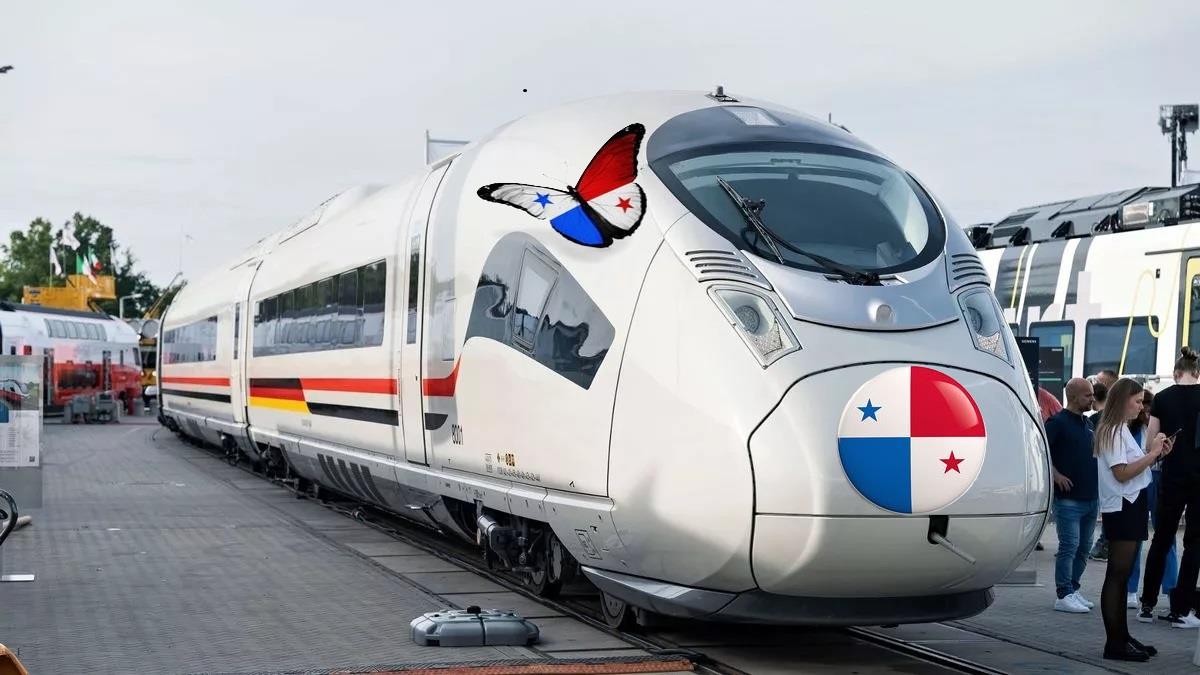
The Panama-David Train Promises To Connect Panama City With David
The Panama-David train, a high-speed line that promises to connect Panama City with David, in the Chiriquí province, will cover approximately 450 kilometers. The primary goal of this rail corridor is to boost passenger and freight transportation, reducing transit times and boosting internal and external trade.
The connection is also profiled as a key link between Panama and neighboring countries, particularly Costa Rica, which would boost the country's logistical competitiveness. In addition, the project would complement the strategic position of the Panama Canal, consolidating the country as a crucial node for global trade.
Chinese companies, recognized for their experience in railway infrastructure, have shown particular interest in financing, building and operating the project. Among the companies involved that stand out are the China Railway Group and China Harbour Engineering Company, global leaders in transport mega-projects.
Chinese interest is not by chance. The Strip and Route Initiative, driven by the Chinese government, seeks to consolidate trade routes connecting Asia, Europe and Latin America. Panama, as a convergence point between the two oceans, is a strategic partner for China.
The project, initially valued at more than $4 billion, promises to generate thousands of jobs during its construction and operation. In addition, it is expected to boost the local economy, promoting tourism and facilitating trade exchange among the provinces of the country.
However, the project also faces challenges, such as the environmental and social impact that a work of this magnitude could generate. Advocates argue that the benefits broadly outweigh risks, especially if mitigation measures and consultation are implemented to affected communities.
While the project is still in the planning stage, the participation of Chinese companies could accelerate its development. Next steps will include feasibility studies, funding deals and international tenders.
The Panama-David train is not just an infrastructure work, but a symbol of the transformative potential of international cooperation. For Chinese companies, it represents an opportunity to consolidate their presence in Latin America. For Panama, it is the possibility to make a qualitative leap towards sustainable development and regional integration.
Will this train be the boost Panama needs to become Central America's next transportation hub? Only time will tell.

Legal Disclaimer:
MENAFN provides the
information “as is” without warranty of any kind. We do not accept
any responsibility or liability for the accuracy, content, images,
videos, licenses, completeness, legality, or reliability of the information
contained in this article. If you have any complaints or copyright
issues related to this article, kindly contact the provider above.


















Comments
No comment